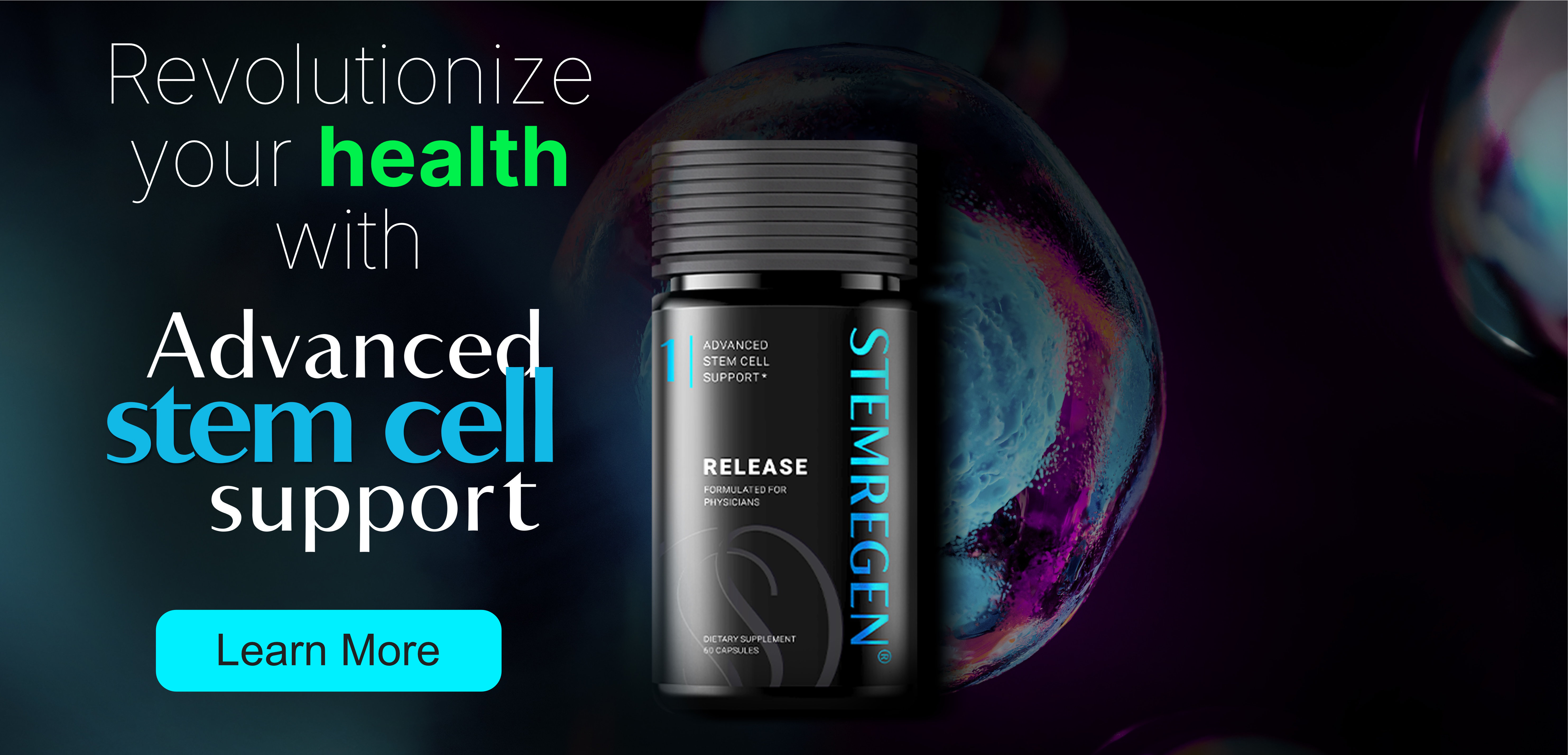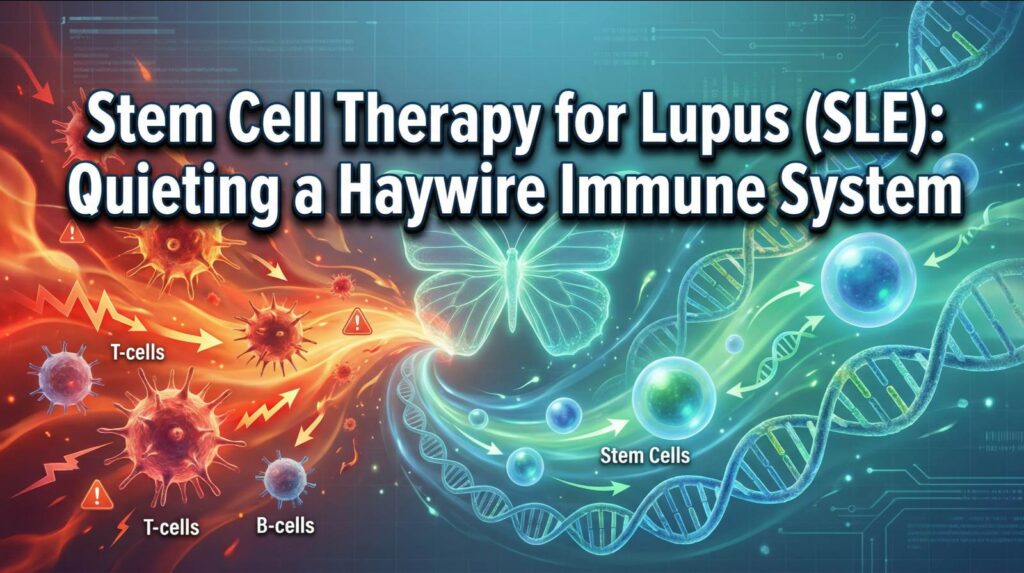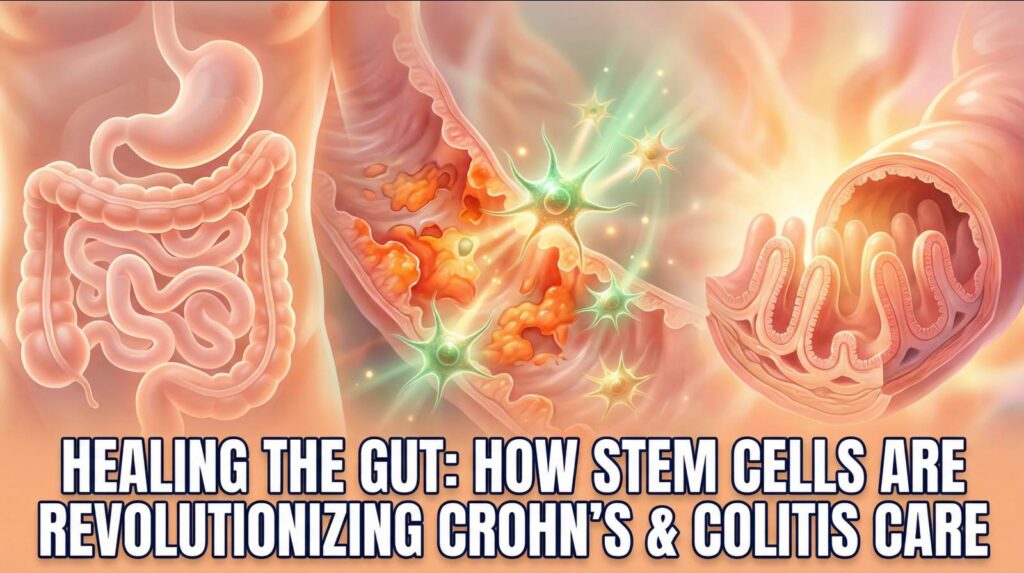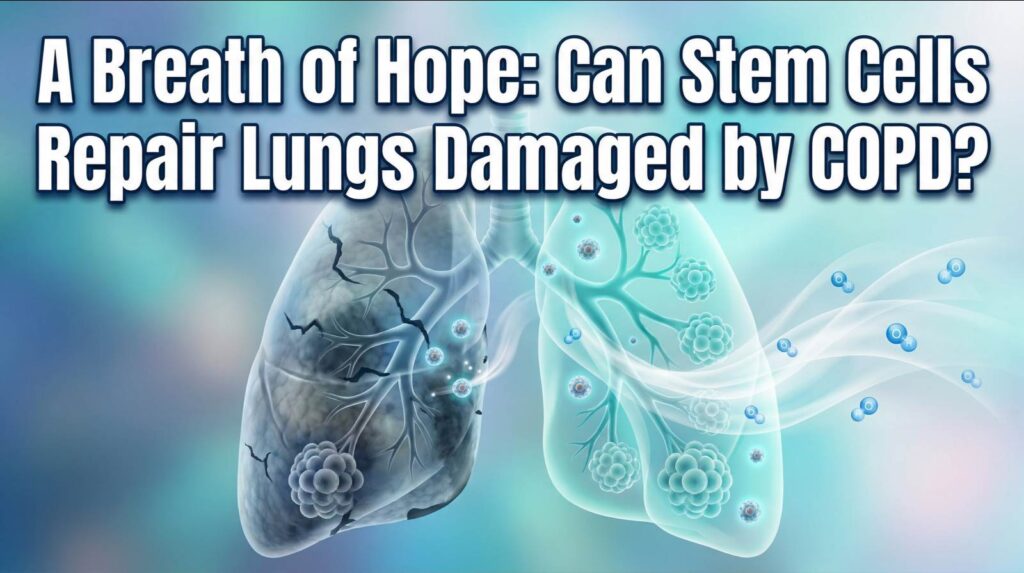LIfT BioSciences, a rapidly emerging biotech company, has announced a significant breakthrough in cancer cell therapies.
The company has successfully demonstrated proof-of-concept production of its patented cancer-killing alpha neutrophils from induced pluripotent stem cells (iPSCs). This development marks a new era of affordable and effective cancer cell therapies.
The company’s second-generation platform, iN-LIfT, derived from iPSCs, has shown that the alpha neutrophil type cells produced from iPSCs can be activated by chemokines released by tumors and that these cells actively destroy cancer cells.
The use of iPSCs, which can be almost infinitely expanded, will enable the production of a truly off-the-shelf cell therapy for all cancer patients without the ongoing need for stem cell donors. This approach will make the production of allogeneic immuno-modulatory alpha neutrophils (IMANs) more scalable and cost-effective.
IMANs are a unique type of enhanced neutrophil with a dual mode of action that can both directly kill cancer cells and indirectly do so by recruiting the patient’s own immune cells to kill cancer cells, also by modulating the tumor microenvironment.
The company’s first-generation platform, N-LIfT, which is derived from haemopoietic stem cells (HSC), is already moving into the clinic for its allogeneic HSC derived IMAN product with trials planned to commence in H1 2024.
Alex Blyth, Chief Executive Officer of LIfT BioSciences, expressed excitement about the development, stating that their goal is to develop a scalable and cost-effective off-the-shelf cell therapy that can be used in all cancer patients without the ongoing need for stem cell donors.
He also highlighted that their patented production process is simpler compared to other cell therapies, with no feeder cells or expensive magnetic bead enrichment being required.
The company plans to progress its HSC derived first-generation product in a Phase I trial next year to answer key questions on dosing, administration, lymphodepletion levels, and predictive assays. It will then progress the main second-generation iPSC derived product straight into a Phase Ib/II trial, having already answered many of the basic questions on this first-in-class therapy to maximize the likelihood of success in achieving efficacy for its main iPSC derived CAR-IMAN product.



